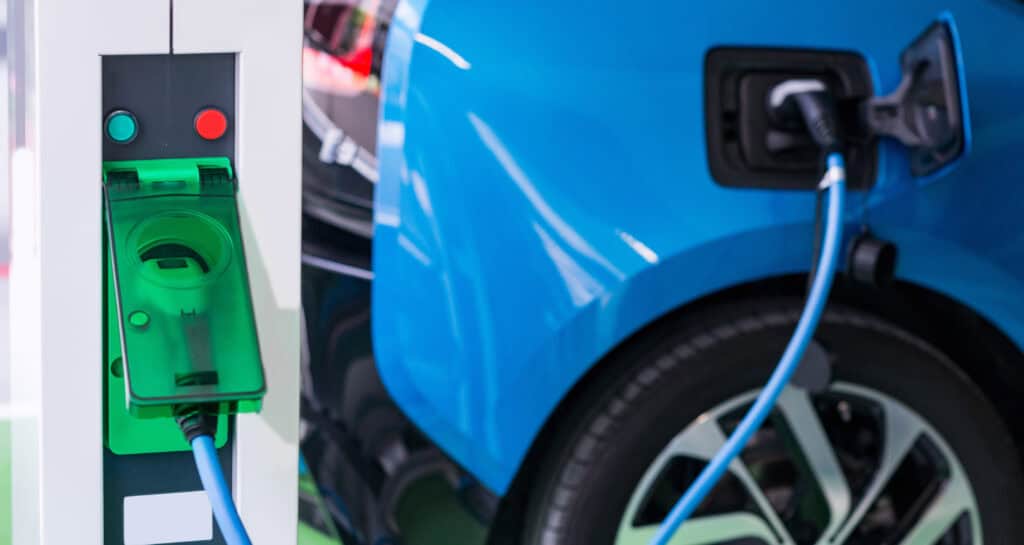
Petrol And Diesel Ban: 2030 ‘Too Soon’ For Many
Debate over the date of the internal combustion engine (ICE) ban has raged over the past few months, following the decision to push the date back to 2035.
The original deadline for the end of the production of new petrol, diesel and hybrid vehicles was 2030 and there are currently discussions over whether that date can be brought forward to 2030 again…
But that would be ‘too soon’ for many drivers and fleets, according to recent research.
What Does The ICE ban mean for fleets?
The government had pledged a return to the 2030 date, or at least a debate around the subject, as they took office in the summer.
Major vehicle manufacturers have called for clarity on the situation after working towards a 2030 deadline for several years before the previous government extended the ban to 2035.
Consistency in messaging is crucial as manufacturers phase out older models and move towards alternative fuels, namely electrical vehicles (EVs).
There is pressure on manufacturers to deliver enough electrical vehicles and there’s also pressure on fleets to make the switch to electric… which means that any changing of the deadline will need to come with clear reasoning for why and support to make that happen.
Development of infrastructure around EVs is one of the most pressing concerns, particularly in the installation of charging points around the country, as well as ensuring there is enough power in the grid to supply EVs for every driver and fleet in the country.
Part of the issue is that the UK was behind in terms of its electricity requirements, which made meeting the 2030 deadline tough, hence the concern over any change again now.
While providing enough vehicles is one issue, having enough electricity in the grid to supply all the vehicles AND having enough off-street charging available is another issue entirely.
For fleets who have delayed their moves to EVs, it’s a debate that holds a lot of weight for what the future might hold.
EVs – Will It Be 2030 or 2035?
Any change back to the original 2030 deadline would bring its own challenges but might be welcomed by some who’ve already begun the electrification of their own fleet.
The delay to 2035, experts say, should allow for more work to go into ensuring that the infrastructure around ICE vehicles is brought up to a satisfactory level, meaning that there would be no concerns around charging or electricity supply.
The thought was that as more EVs enter the market in the years leading up to the switchover, it would create a secondary used EV market, making it easier and cheaper for fleets and private drivers to make the switch.
But various impact points over recent years have created a tough economic situation for many and the rise in the cost of living has had a profound impact on future plans, too.
Do you think a return to the original 2030 petrol and diesel vehicle production ban date makes sense? Would it change your plans to make the switch to EVs? Let us know what you think in the comments below…

